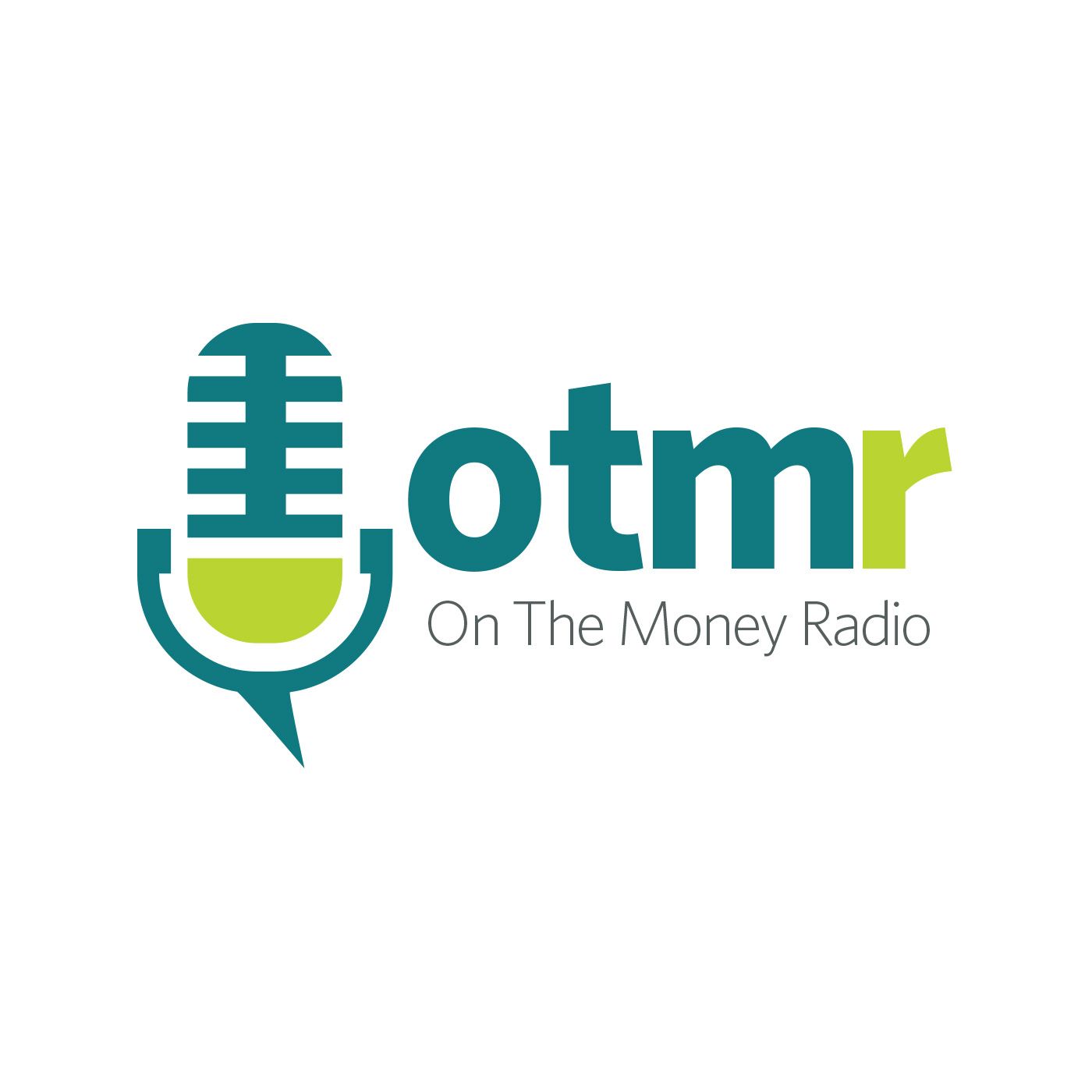What Makes Prophets of Financial Doom So Smart? Not Much!

b"With Allan S. Roth, Founder of Wealth Logic in Colorado Springs and contributing writer at the Wall Street Journal, AARP, and Financial Planning Magazine
Especially in times of uncertainty\\u2014whether political, economic, or personal\\u2014we\\u2019re out there reading tea leaves for answers. When that uncertainty involves our financial lives, we often turn to these so-called financial gurus tossing out market predictions, some hopeful, but mostly dire. Why do we think they have some access to the unknown when in reality their crystal ball is as cloudy as our own?
Allan S. Roth, Founder of Wealth Logic in Colorado Springs and contributing writer at the Wall Street Journal and AARP, has studied this phenomenon and even teaches a behavioral finance class. The answer, he says, is not in our stars or our tea leaves, for that matter, but is embedded within human nature
There is probably no area more closely tied to our emotions than money. We want to be in control and attaching to a prediction about the market gives us the false sense of steering our own destiny.\\xa0 And there is no shortage of experts in the media throwing out their theories.
In reality, says Roth, there are no such reliable indicators. The market will do what it will do, dependent on more factors than can be logically assessed by any financial expert.\\xa0 In fact, the best piece of advice and the one most often quoted by Steve Pomeranz himself is from Warren Buffett: \\u201cBe greedy when others are fearful, and fearful when others are greedy.\\u201d
Allan Roth has followed and assessed the predictions of some of the better-known market prognosticators such as Mark Yusko, Jim Cramer, and Harry Dent and concluded that in all cases, on the average, the results are even less than 50/50. If you hang in there long enough, one or two of these wild predictions may actually come to pass. But, he says, if anyone could accurately predict the market, they would be wealthy beyond the level of even Warren Buffett who built his wealth by following a steady and thoughtful investing strategy.
Read The Entire Transcript HereCollapse Transcript
Steve Pomeranz: Have you ever seen those ads predicting stock market doom by the so-called investment profits and gurus?\\xa0 These people say they have impressive track records of accurate forecasts in the past, but the question is how do you know, and do they really?
I found Allan S. Roth, he wrote an article for Financial Planning Magazine.\\xa0 He also writes for CBSmoneywatch.com.\\xa0 He's taken a closer look at these people, to dig more into the truth.\\xa0 Let's welcome Allan Roth to the show.\\xa0 Hey, Allan, welcome.
Allan Roth: Thanks very much, and by the way I write for the Wall Street Journal and AARP, and haven't written for CBS for about a year now.
Steve Pomeranz: I guess it's time to update your bio then, isn't it?\\xa0 Okay, so Wall Street Journal, AARP, terrific.\\xa0 We are all, those of us who are paying attention to the markets and investments, we're all living in an age of uncertainty, we really want to know the future.\\xa0 Why are we so addicted to this idea of having to have people predict, and following these gurus?
Allan Roth: It's natural to want to know the future.\\xa0 I teach a behavioral finance class, and one of the exercises we go through is to show that humans can't think randomly.\\xa0 We don't want to believe that we don't know the future.\\xa0 We want to believe that we're in control.\\xa0 The smarter the person is, by the way, the more they want to try to predict the future.\\xa0 Then we look at, after stocks collapsed in '08-'09, everything was there, and we do hindsight bias and keep making that mistake over and over again.
Steve Pomeranz: Everybody who\\u2014I talk to a lot of people every single day,"